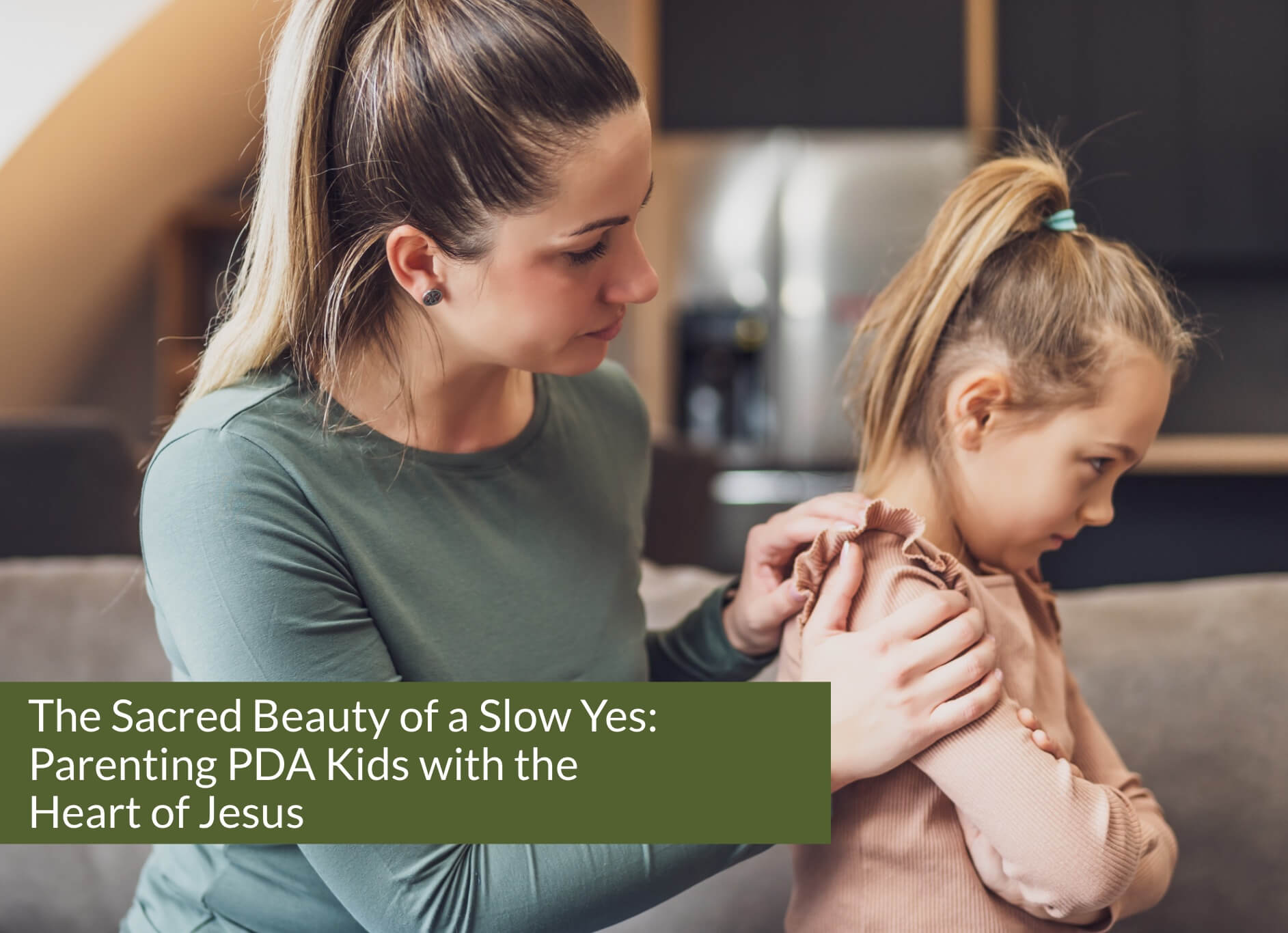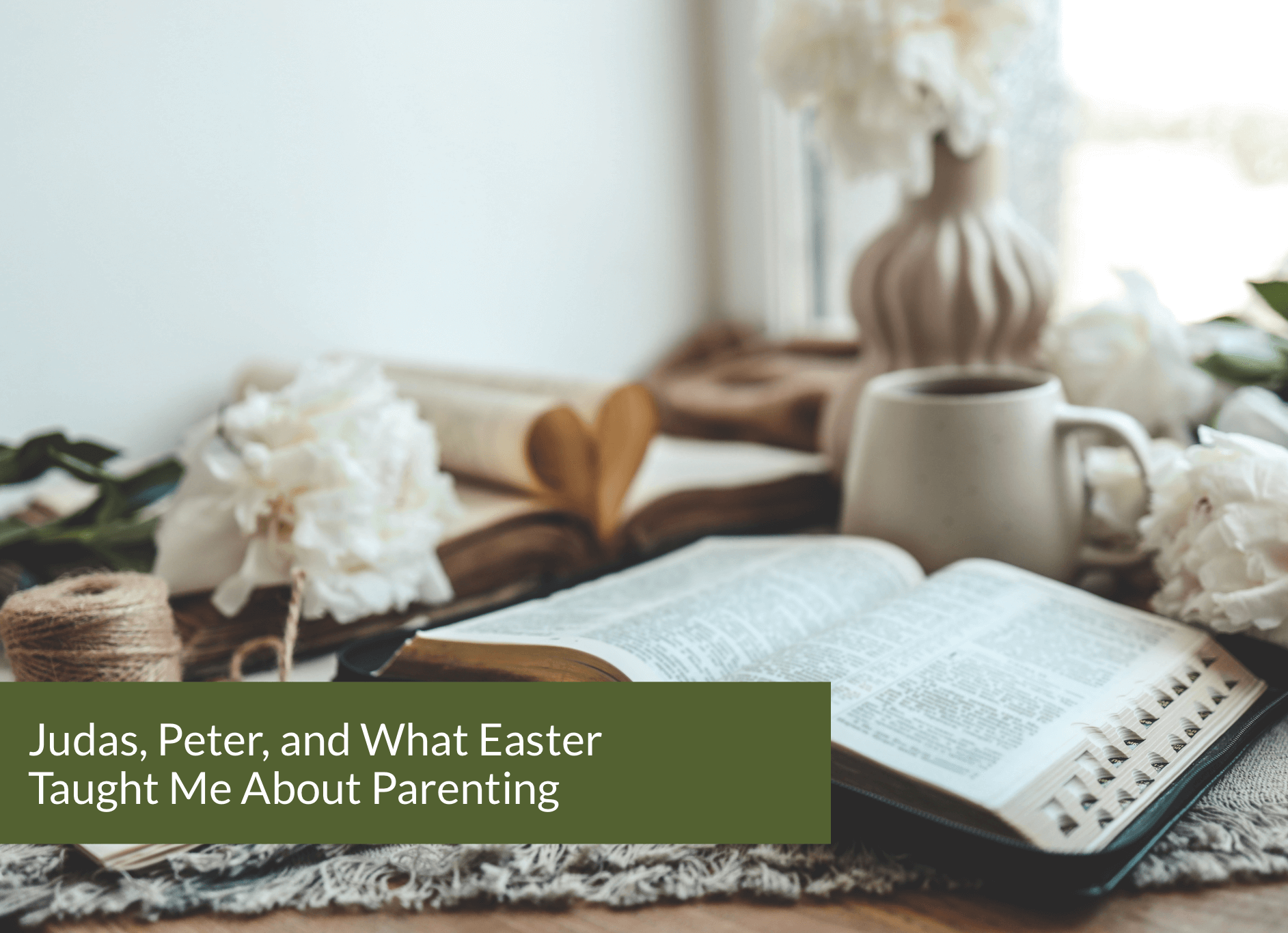Parenting is a journey filled with love, joy, and, at times, overwhelming challenges. There are moments when our children's behaviors - tantrums, defiance, whining, or even just their boundless energy and unending noise can ignite something deep within us. These reactions, often disproportionate to the situation, are known as triggers. They are usually the echoes of our past: unresolved emotions or beliefs that resurface in the heat of the moment. In this post, we address a heartfelt question from a parent navigating these very challenges...
Read more...
Parenting is sacred...and stretching. And when you’re trying to follow Jesus while unlearning old patterns and building new ones, it can feel especially lonely.
That’s why we created The Flourishing Family Study Guide.
This six-week guide was made for parents who are ready to root their parenting in the way of Jesus - drawing from both Scripture and the science of child development. Whether you're reading The Flourishing Family for the first time or you've already dog-eared your favorite pages, the study guide will help you reflect more deeply and apply it to your everyday life.
If you’ve been curious about how it works, you’re not alone! Here are a few questions we’ve been asked:
Read more...
If you're raising a child with PDA (clinically known as Pathological Demand Avoidance, though many in the autistic community prefer Persistent Drive for Autonomy), you know what it’s like to live in the land of no.
No to getting dressed.
No to brushing teeth.
No to leaving the house.
No to things they actually want to do.
No while they're doing the thing you asked them to do.
No that seems to come before they even hear the question.
It can be exhausting, confusing, even infuriating. And if you’re anything like me, it can leave you questioning yourself as a parent - or worse, questioning your child’s heart.
But Jesus tells a story that speaks directly to this place.
Read more...
This week, I’ve been reading through the resurrection story again - something I try to do slowly and intentionally every Easter season.
But this time, two names kept standing out to me in a way they haven’t before:
Judas and Peter.
Two of Jesus’ closest disciples.
Two men who loved Him.
Two men who, in His most vulnerable moment, betrayed Him.
Read more...Two men who loved Him.
Two men who, in His most vulnerable moment, betrayed Him.

This week, I’ve been reading through the resurrection story again - something I try to do slowly and intentionally every Easter season.
But this time, two names kept standing out to me in a way they haven’t before:
Judas and Peter.
Two of Jesus’ closest disciples.
Two men who loved Him.
Two men who, in His most vulnerable moment, betrayed Him.
Read more...Two men who loved Him.
Two men who, in His most vulnerable moment, betrayed Him.






